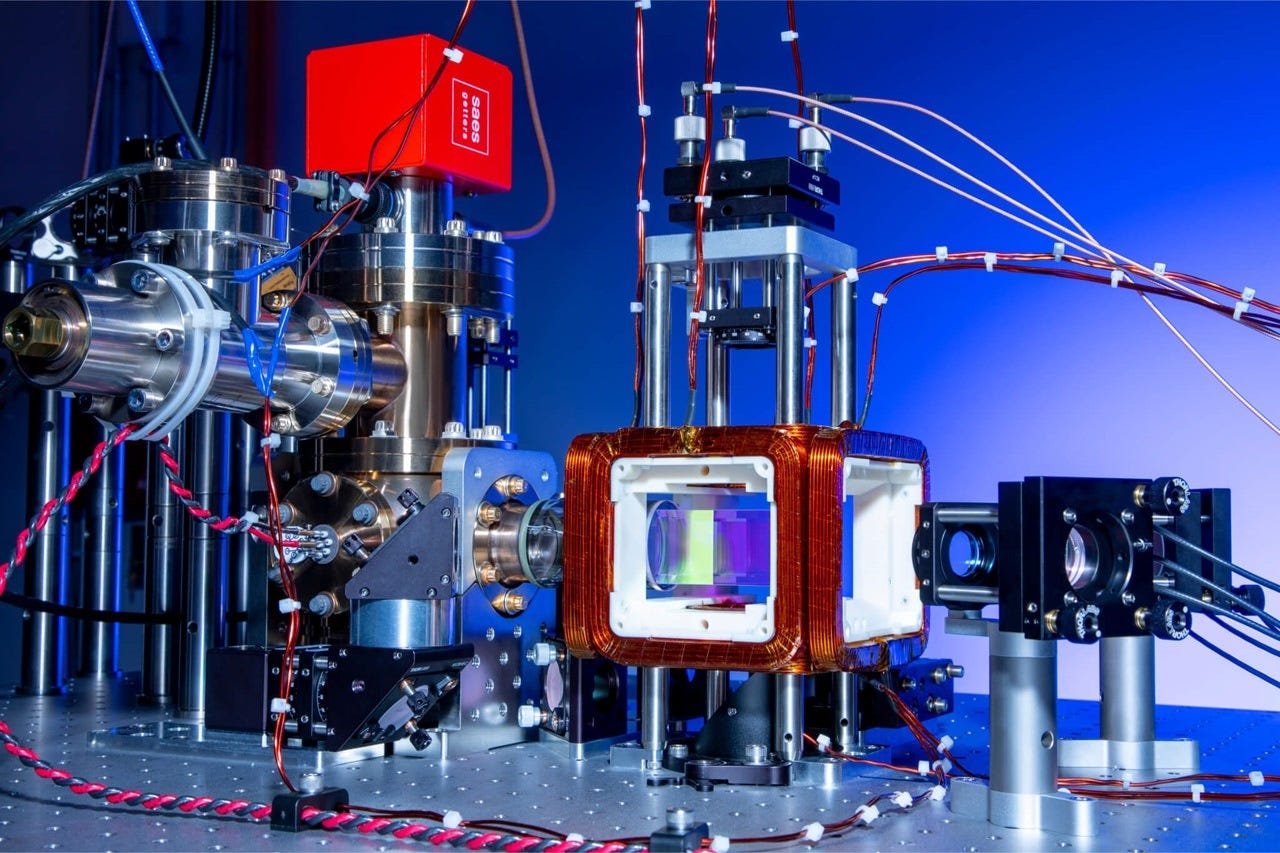QuEra Computing Quantum Funding Milestone early 2025
Google-Backed QuEra Raises $230 Million👀
Good Morning,
In recent years, QuEra who came out of stealth in November, 2021 have done some of the top research in Quantum computing in the world.
QuEra Computing has established itself as a leading player in the quantum computing industry by focusing on neutral-atom quantum technologies.
This is a huge funding for a very promising Startup. A startup o…



